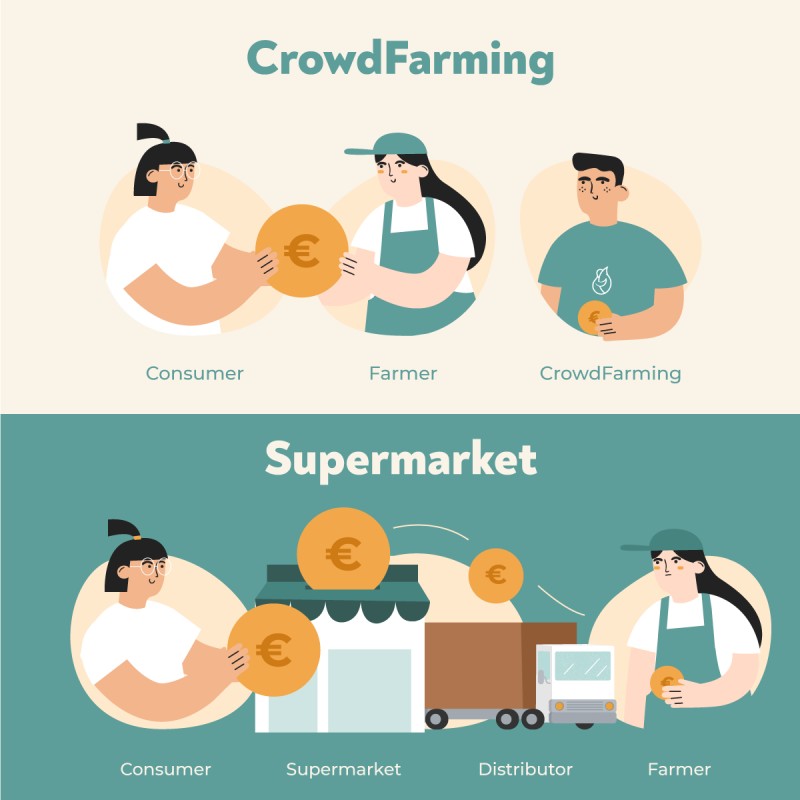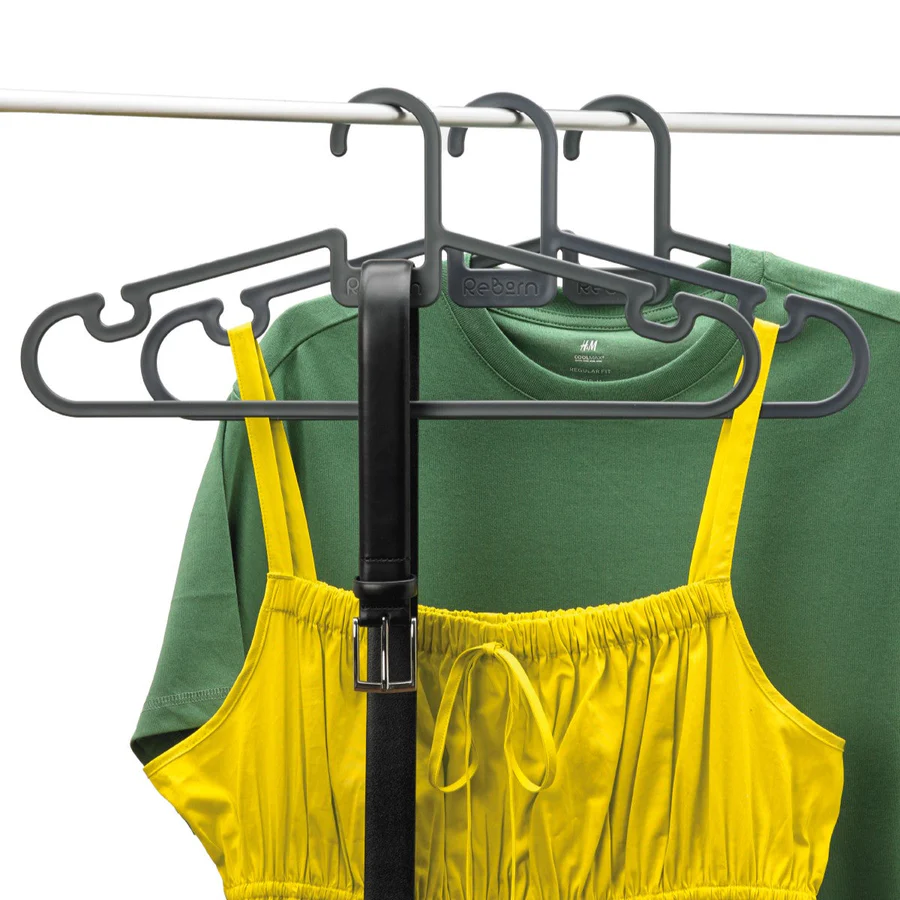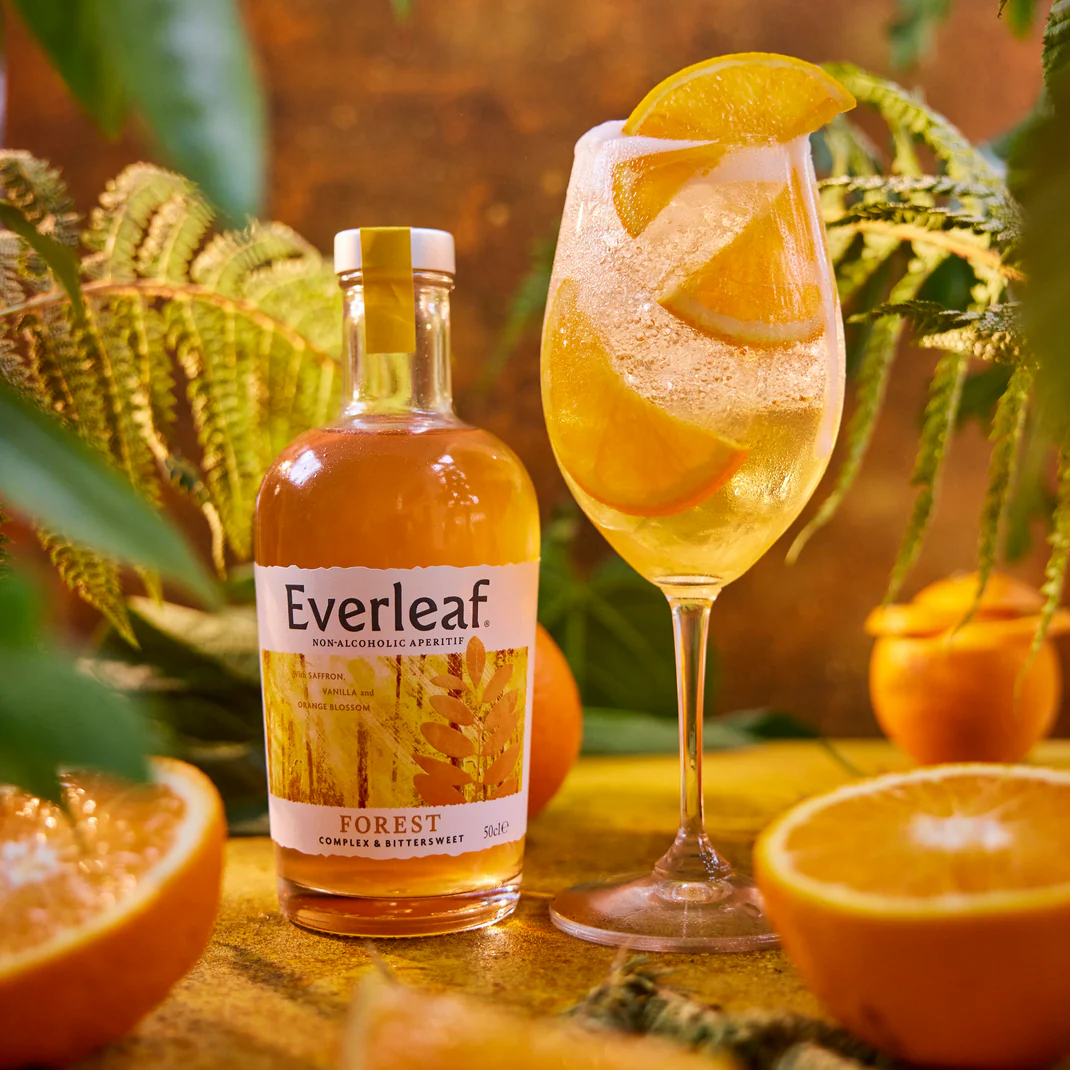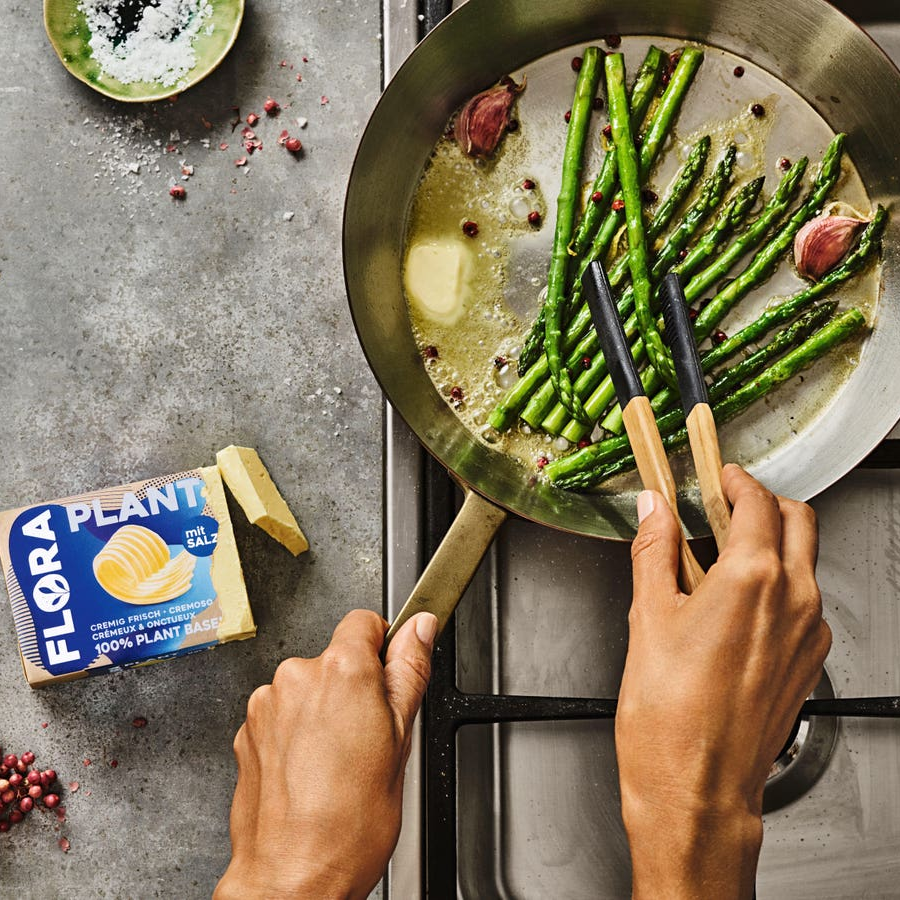Crowdfarming (order organic food direct from farmers)

Crowdfarming is an ideal whose time has come! This website is global (and it does not appear to have many English farmers on board). But as a worldwide enterprise, presumably that’s simply because no farmers have yet signed up from here!
Basically, it’s like an online version of community supported agriculture. To keep them financially secure from selling out at a pittance to supermarkets, you can either ‘adopt’ a tree (say an apple or pear tree) and then receive your ‘money back’ when the fruit is harvested.
Or alternative, buy seasonal boxes from farmers. These are delivered direct to you, cutting out supermarkets and other middlemen profits, so the farmer gets to keep most income from his or her labours in the fields.
Before cooking, read up on food safety for people and pets. Just bin scraps from alliums (onions, garlic, leeks, shallots, chives) and citrus/tomato/rhubarb scraps, as acids may harm compost creatures.
Why Support Crowdfunding of Farmers?
Firstly, to avoid food waste. Around 19% happens at processing and wholesale phases (and 5% at retailer end and 12% in the catering and hospitality industry). In other words, a lot of food waste is not from you forgetting that your apples have gone off – it’s mostly that millions of items are thrown away by big business for ‘not being perfect’ before they even go on sale.
Supporting farmers direct stops this. Because if you’re going to make a tasty carrot soup or a batch of banana bread, you likely don’t care if the carrots are curly, or the bananas (yes, not local!) have a few black spots on them.
Secondly, farmers need our help. There are charities that can help small farmers (including ones that provide free feed, during natural disasters or financial difficulties).
Many farmers that grow food end up making a tiny profit when selling to supermarkets (who often cancel orders at the last minute).
A farmer anonymously told us how he grew 60 tonnes of salad potatoes for a large supermarket. Upon harvest, the supermarket decided they were no longer interested in that variety, and cancelled the order. Leaving a huge amount of food with no home, and the farmer financially screwed. Get Fair About Farming






